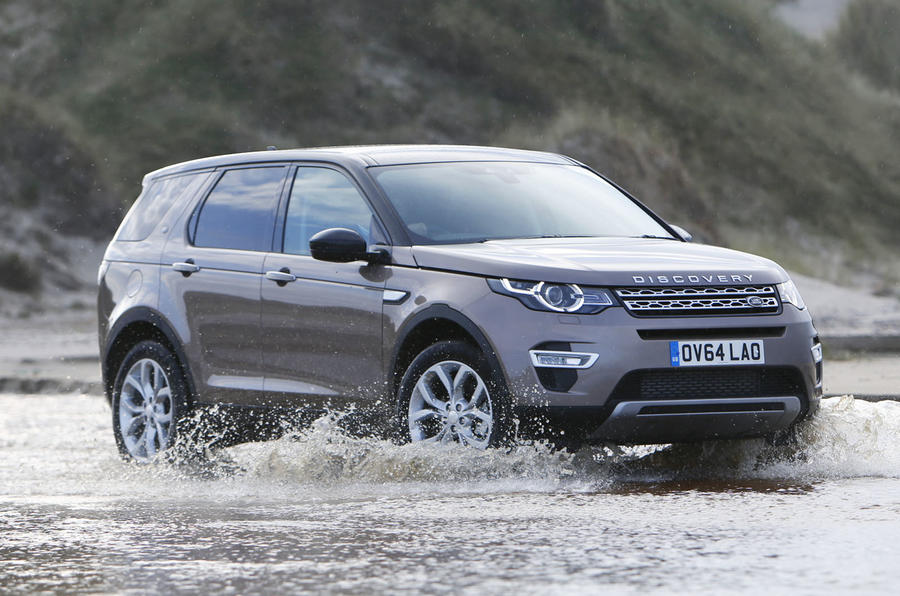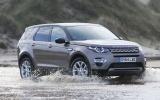What is it?
People will tell you that the new Land Rover Discovery Sport is a replacement for the Freelander, but there’s far more to it than that.
It is certainly another Halewood-built off-roader, and a £30k-£40k rival for the BMW X3 and Volvo XC60, but Land Rover has made it longer, fitted five-plus-two seating to its more spacious cabin, borrowed the styling heavily from the Evoque and redefined it as a member of the emerging Discovery family which stresses its versatility and practicality.
Even Gerry McGovern, Land Rover’s design boss and the chief architect of the new model’s sleek new shape agrees. “Others have great design,” he told us. “But Land Rovers need class-leading functionality."
There’s an interesting back-story about the Sport’s arrival. Land Rover’s range of 4x4s has come to be dominated by the Evoque, whose annual sales of 120,000 a year are more than double the originally planned volume.
The Freelander, closely related to the Evoque under the skin, was in danger of being glossed over, not least because its name has little cachet in the US or China. The company also need a more modern-looking model that could fight and beat the X3 and XC60 while continuing to use existing manufacturing processes and share many common components. Enter the Disco Sport.











Join the debate
Add your comment
Ordered....
I am updating the Freelander and have decided to place an order for the new Discovery Sport for delivery in Spring 2015. I considered the case for waiting until the new 'Ingenium' engines are available. However, the first of these will be the 2WD only version - an option which is surely only of benefit to those whose primary motivation is for lower CO2 (laudable but then why buy a Land Rover at all?). The 4WD version(s) will follow but, so far as I'm aware no date has yet published so it could be towards the end of next year. And, although lighter and apparently more efficient, by just how much and will they offer the same or better power output? I'm also somewhat wary that there will be additional costs in terms of servicing to maintain the lower emissions.
The new Disco Sport will initially use the current SD4 engine used by the latest Freelanders and the Evoques which have sold in vast numbers and have a tried and tested pedigree. It is likely, of course, that the new engined cars will have some trade-in advantage some way down the line. But, since I expect to keep the new Disco for some years, this is unlikely to be much of an issue for me. By trading in now rather than much later (by the time the new engined versions are available for delivery) the value of my Freelander now is likely to be significantly higher; their value will surely fall once the Disco Sport replaces them in the showrooms. Although Land Rover have indicated that the new 2WD version will sell at sub £30k, no prices for the new engined 4WD models has been announced: will they stay the same?
Isn't it obvious?
A slightly different
To be fair, the Disco (at least with its current ageing engine) did come in second to the X3. I think people should bare in mind that AutoExpress is (I think) ultimately German-owned through its parent company, though if I am wrong perhaps someone will correct me (with evidence).
Anyway, from AtuoCar's review it seems pretty clear that the new Disco is a very talented and versatile machine all round. I think, if I were in the market for such a vehicle, I might wait for those new efficient engines as suggested though.